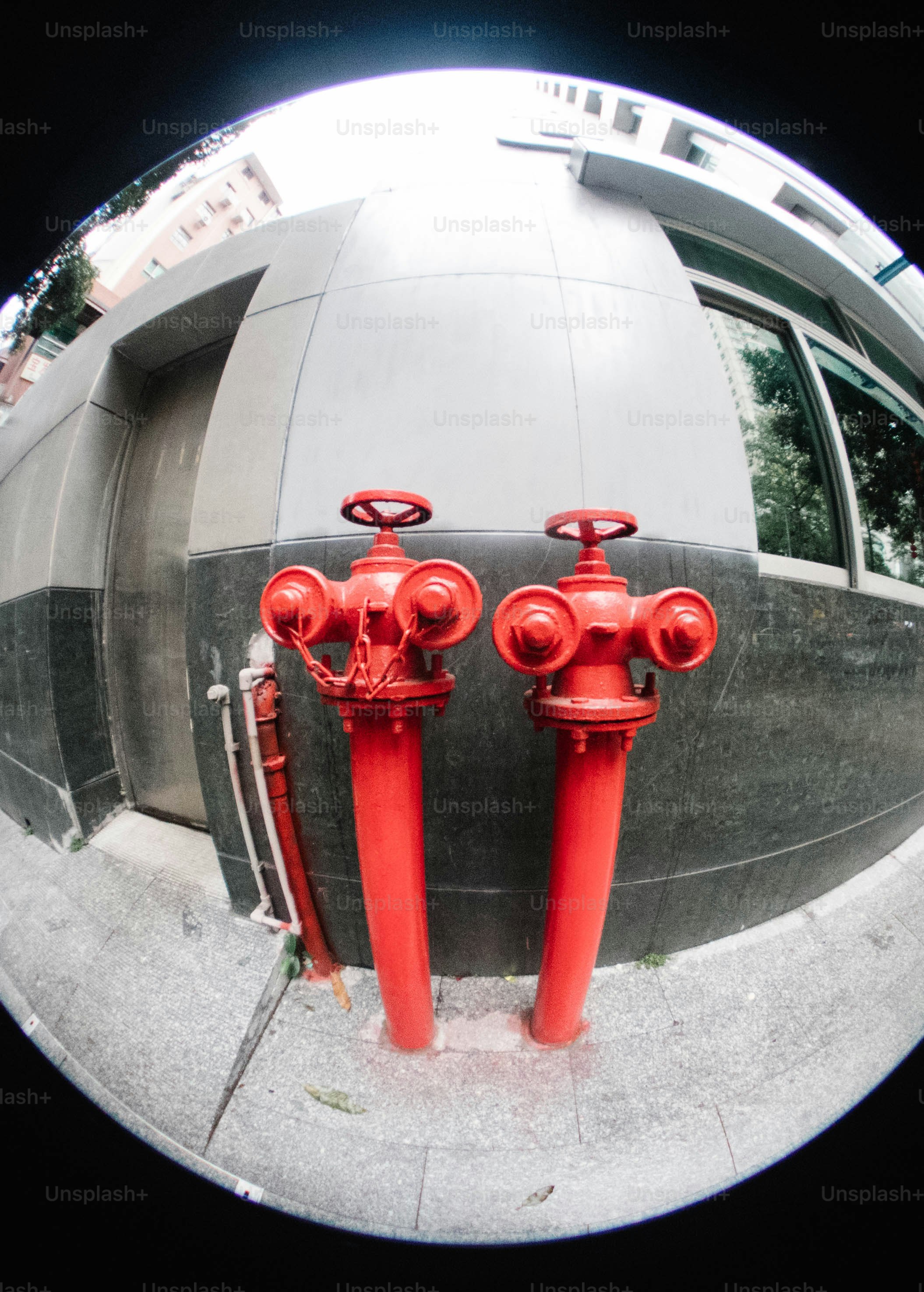Water Heater Replacement Budgeting Tips

본문
The moment the phrase "water heater replacement" comes up, 名古屋市東区 エコキュート 交換 many homeowners tend to view it as a sudden, unplanned expense marked as a home repair. Actually, a water heater represents a long‑term investment that brings comfort, efficiency, and convenience. By approaching the replacement with a clear budgeting plan, you can avoid surprises, take advantage of savings, and make a decision that fits your financial goals.
Get a Handle on the Total Cost of Ownership
A new water heater is only one part of the equation. Ownership cost encompasses the purchase price, installation fees, upgrades, and future maintenance or energy use. Here’s a quick look at the typical breakdown:
Purchase price: A typical 50‑gal tank heater costs between $400 and $900. Tankless or heat‑pump versions may begin at $1,200 and rise to $3,000 or higher.
Installation: Labor costs vary by region but generally fall between $500 and $1,200. If you need new plumbing or electrical work, the bill will rise.
Upgrades: Upgrades like a smart thermostat, backup battery, or efficient heat‑pump may add $300–$1,000.
Energy savings: High‑efficiency units can cut monthly bills by $30 to $70, contingent on usage and local rates.
Maintenance: Annual flushing of a tank unit costs roughly $100. Tankless systems demand less frequent maintenance.
By adding the upfront cost to the projected savings over the unit’s lifespan, you can estimate a break‑even point and decide whether the investment aligns with your budget.
Plan a Realistic Replacement Timeline
Conventional tank heaters generally last 10–15 years, whereas tankless ones can last 20 years or beyond. If your current heater is getting close to the end of its expected life—or if you’re already experiencing leaks, rust, or inconsistent hot water—don’t wait for a disaster. Draft a schedule that permits shopping, quoting, and financing while avoiding an undue risk of emergency replacement.
Investigate Energy‑Efficiency Ratings
Energy‑Star certification is a good starting point. Appliances are rated 1–10 by the EPA, with 10 indicating top efficiency. Beyond Energy‑Star, review the manufacturer’s Annual Energy Consumption (AEC) score. A smaller number means fewer kWh per year, translating to lower bills.
Below is a quick comparison for a 50‑gal tank model:
Standard tank: 2.5 kWh per gallon of hot water, estimated annual cost $150.
High‑efficiency tank: 1.5 kWh per gallon, estimated annual cost $90.
Tankless: 0.3 kWh per gallon, with an estimated annual cost of $45.
In high‑rate areas, a tankless unit may recoup its cost in a few years via energy savings.
Get Multiple Quotes and Compare
A single contractor’s estimate can vary dramatically from another’s. Call at least three reputable service providers in your area. Request that each quote itemize:
Equipment cost
Labor hours and hourly rate
Any required permits or inspections
Disposal fees for the old unit
Warranty details
Check the fine print carefully. Some quotes may include a "free maintenance" clause that actually requires you to sign a maintenance contract. Make sure you’re comparing apples to apples.
Explore Financing Options
Plumbing and HVAC businesses frequently offer financing with low or zero interest for a limited time. A 12‑ or 24‑month installment plan helps if a lump sum isn’t feasible. Be sure to calculate the total cost of financing to ensure you’re not paying more over time than you would with a lump‑sum payment.
Also verify whether state or local utilities provide rebates or tax credits for efficient heaters. For example, a 30% rebate on a tankless unit could reduce the upfront cost from $2,000 to $1,400.
Factor in Installation Challenges
Often the largest surprise stems from hidden installation costs. Should the plumbing be old or corroded, the contractor might need to replace pipes or upgrade the system. Similarly, if the electrical panel cannot handle a new high‑efficiency unit, a new panel might be needed. Ask your contractor to perform a "pre‑installation survey" and include any potential upgrades in the quote.
Envision the Future
Water heaters are just one component of a home’s overall energy strategy. When budgeting, pair the replacement with additional upgrades:
Insulation: Adding insulation to the water heater’s tank or the water lines can reduce heat loss and improve efficiency.
Smart Controls: Smart controls allow heating schedules to match your routine, saving energy off‑peak.
Solar Assistance: If you live in a sunny region, a solar thermal pre‑heater can supplement the main unit, cutting energy usage significantly.
These complementary investments may raise the upfront cost but can accelerate the payback period and enhance long‑term comfort.
Create a Contingency Fund
Even with meticulous planning, surprises can occur. A good rule of thumb is to set aside an additional 10% to 15% of the total estimated cost as a contingency. For a $2,200 quote, keep $220–$330 available for surprises.
Organize Documentation
When you finalize the purchase and installation, keep all receipts, warranties, and maintenance logs in a single folder. A well‑maintained record can extend the life of your new heater, help with insurance claims, and streamline future repairs.
Revisit and Adjust Your Budget Every Year
Heater performance and household usage can evolve over time. Once a year, revisit your budget to account for new appliances, changes in family size, or shifts in utility rates. Proactive adjustments avoid surprises and maintain smooth home operation.

Final Thoughts
A water heater replacement is a strategic investment rather than a one‑off cost. By understanding the total cost of ownership, researching efficiency ratings, obtaining multiple quotes, and planning for financing and contingencies, you can budget confidently and choose a unit that offers both performance and value. If a leak or uneven hot water occurs, recall that a planned replacement saves money long‑term and keeps families warm and comfortable.

댓글목록0